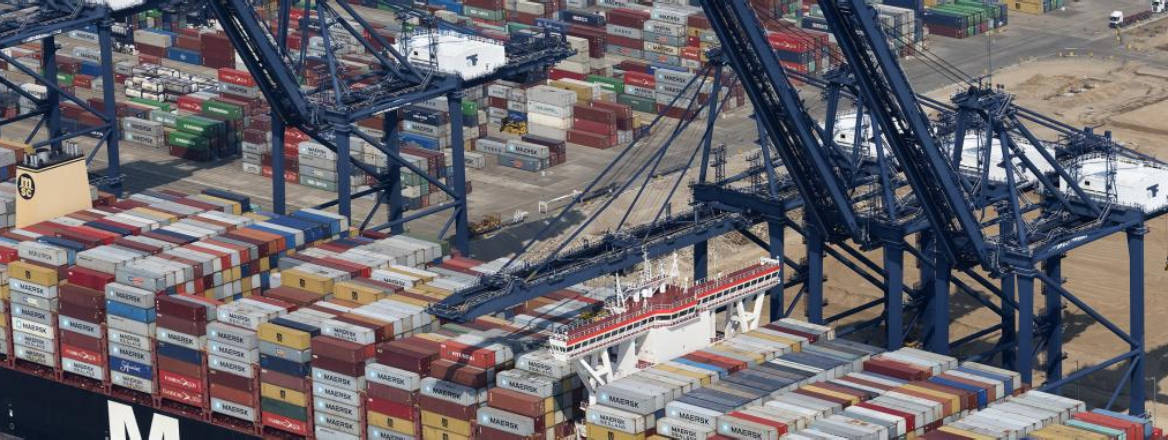Free Ports, Not Safe Havens: Preventing Crime in the UK’s Future Freeports
This Briefing Paper analyses the possible criminal risks posed by the UK's future freeports.
In July 2019, the UK government announced plans to establish freeports to attract trade and investment following the UK’s departure from the EU. Further details were provided in a consultation paper published in February 2020. Among other topics, the consultation solicits views on possible criminal risks posed by freeports.
The misuse of freeports in other countries for drug trafficking, trade in counterfeits, money laundering and a vast array of other crimes has drawn the attention of key international stakeholders, including the Financial Action Task Force, the Organisation for Economic Co-operation and Development and the World Customs Organization. The European Parliament has gone so far as to call for the abolition of freeports in the EU.
These risks merit a strong response, and the government’s consultation signals its intent to deliver precisely that. But there are gaps in the specific measures proposed. Bearing in mind that the government’s plans are not yet finalised and thus subject to change, this Briefing Paper makes recommendations that will help strengthen the UK’s ability to prevent illicit trade in its future freeports.
These recommendations relate to:
- The need to assess existing criminal risks in the geographical locations where freeports will be established.
- The need for proportionate responses to the risk profile and volume of activity taking place in freeports.
- The possibility that the envisaged ‘light-touch’ authorisation procedures for businesses will make it difficult to assess the risks they pose.
- The need for regular review of the effectiveness of Freeport Operators in discharging their security-related responsibilities.
The views expressed in this publication are those of the authors, and do not reflect the views of RUSI or any other institution.
WRITTEN BY
Anton Moiseienko
RUS Associate Fellow, CFS
Alexandria Reid
RUSI Associate Fellow, OCP | SHOC Network Member - Researcher
Isabella Chase
RUSI Associate Fellow, CFS




